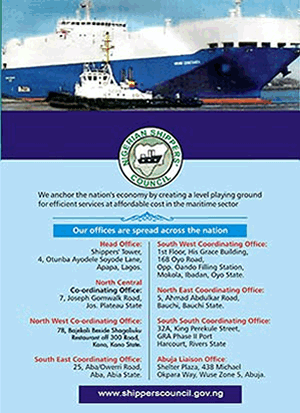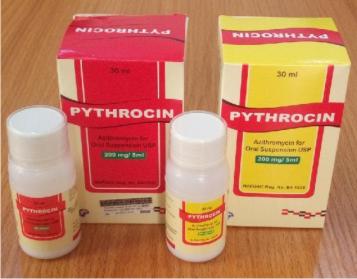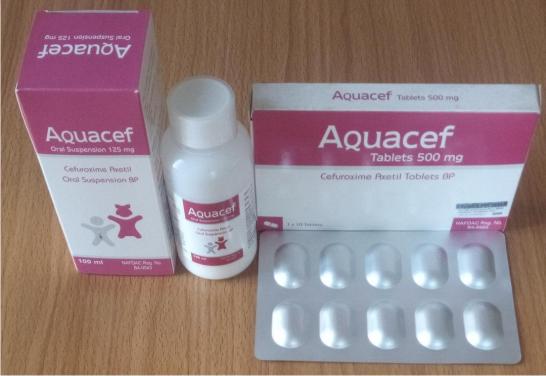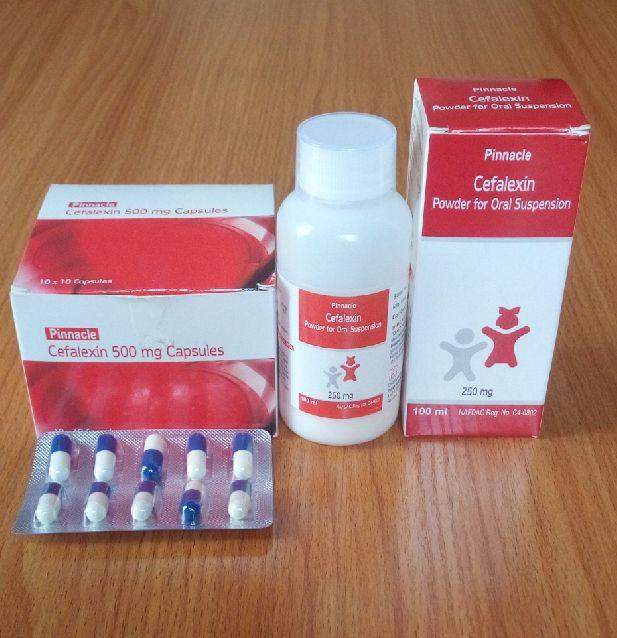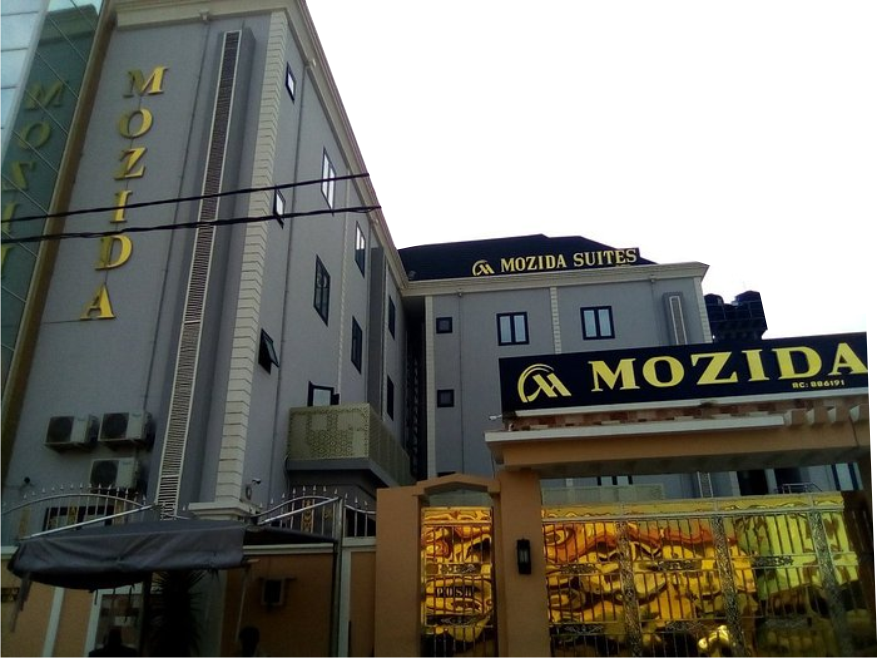
A fresh storm is rocking Nigeria’s aviation industry as two Air Peace crew members have come out swinging against the Nigerian Safety Investigation Bureau (NSIB), accusing it of fabricating toxicology results that allegedly showed they were under the influence of alcohol and marijuana during a runway incident.
Co-pilot David Bernard and cabin crew member Maduneme Victory—both indicted in NSIB’s preliminary findings—have branded the report a smear campaign, insisting they neither drink nor touch drugs.
The controversy stems from a July 13, 2025 scare at the Port Harcourt International Airport, when an Air Peace jet veered off the runway, sparking concerns over crew performance. Although no lives were lost, the NSIB quickly released findings claiming alcohol and cannabis were detected in the blood of the pilots and cabin staff.
But the accused are firing back.
“I don’t drink, I don’t smoke. If you’re doing a proper alcohol test in 2025, you use a breathalyser immediately, not carry samples to an unregistered hospital and return ten days later with results,” Bernard fumed during an Arise TV interview.
Victory, visibly shaken, called the report “pure defamation.”
“This is an attempt to destroy my career. When I retested at a licensed aerospace clinic, everything came out negative. If I was really on drugs, why was I still allowed to fly passengers for weeks after? They are trying to paint me as a junkie, and that is cruel.”
Both threatened legal action unless the NSIB retracts the findings.
NSIB Holds Its Ground
NSIB boss, Captain Alex Badeh, dismissed the outrage as predictable.
> “This is not our first report. The toxicology was conducted at Rivers State Hospital, not by us, and the results came back the very next day. We simply reported what the hospital found.”
Air Peace Fires Back at NCAA, NSIB
Air Peace, Nigeria’s largest carrier, has backed its crew, pointing out that the co-pilot was cleared by the Nigerian Civil Aviation Authority (NCAA) and has since returned to flying duties.
“If he truly tested positive for alcohol, NCAA would never have allowed him back in the cockpit,” the airline stated, accusing regulators of working in silos and failing to officially communicate findings to the airline.
Public Fear and Industry Outrage
Passengers and aviation experts are alarmed. Many say the fiasco has deepened mistrust in Nigeria’s aviation system.
A regular flyer, Aderoju Aina, said:
“In the US, a drunk pilot would be dragged away by the FBI. Here, everything goes. I’m now scared for my life every time I fly.”
A rattled passenger, Maria, revealed she ditched a planned flight for a road trip, saying: “This scandal has terrified everyone. The government must get to the bottom of it or passengers will lose confidence.”
Veteran aviation expert Group Captain John Ojikutu (Rtd) didn’t mince words: “The NCAA is to blame. They ignore safety recommendations, fail to train replacements, and turn a blind eye to critical lapses. If the crew was truly intoxicated, how did no one detect it before the flight?”
The Bigger Picture
The saga has exposed bitter fault lines in Nigeria’s aviation oversight—with NSIB, NCAA, and Air Peace contradicting one another, while passengers are left wondering who to trust.
For now, what should have been a closed runway incident has spiraled into a full-blown credibility crisis, threatening to shake public faith in Nigeria’s skies.
ADVERTISEMENTS:








